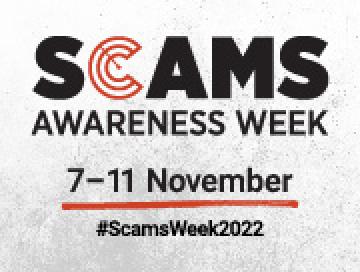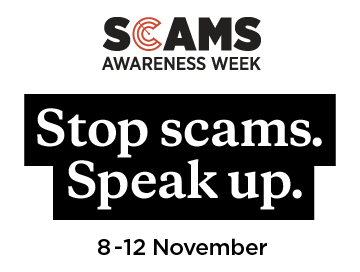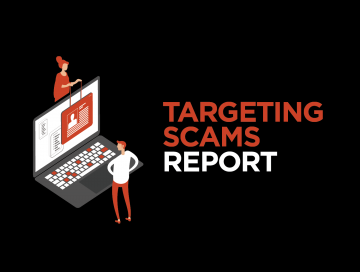64 results, showing 1 to 10
Criminals are impersonating real businesses and offering fake sustainability investment bonds. They claim these bonds offer high returns and are protected by the government.

Criminals are impersonating charities and offering fake financial assistance schemes to target people experiencing financial hardship.

Criminals are calling, emailing or messaging people and pretending to be from their bank so that they can steal your money.

Criminals who contact you unexpectedly offering to help 'fix problems' with your account, phone or computer are causing increasing financial loss through remote access scams.

Scammers are creating lifelike impersonations (or 'deepfakes') of celebrities and public figures, who appear to be promoting 'quantum' or 'AI' online trading platforms.

Scams Awareness Week 2022 takes place 7-11 November. This Scams Awareness Week we’re encouraging you to learn ways to identify scams and take the time to check whether an offer or contact is genuine before you act on it.

Scams Awareness Week 2021 takes place 8-12 November. This Scams Awareness Week we’re encouraging everyone to start a conversation about scams.

Investment scams reported to Scamwatch have cost Australians over $70 million in the first half of this year, more than the total losses reported to Scamwatch for all of 2020, and projected losses are set to reach $140 million by the end of the year.

So far this year scammers have stolen more than $7.2 million from Australians by gaining access to home computers, an increase of 184 per cent compared to the same period last year.

Last year scammers stole close to $34 million collectively from people who identified as culturally and linguistically diverse (CALD), people with disability, and Indigenous Australians.



